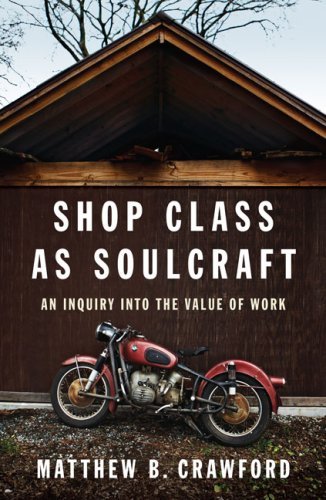What do you think?
Rate this book


241 pages, Hardcover
First published January 1, 2009
those who work in an office often feel that, despite the proliferation of contrived metrics they must meet, their job lacks objective standards of the sort provided by, for example, a carpenterŌĆÖs level, and that as a result there is something arbitrary in the dispensing of credit and blame.